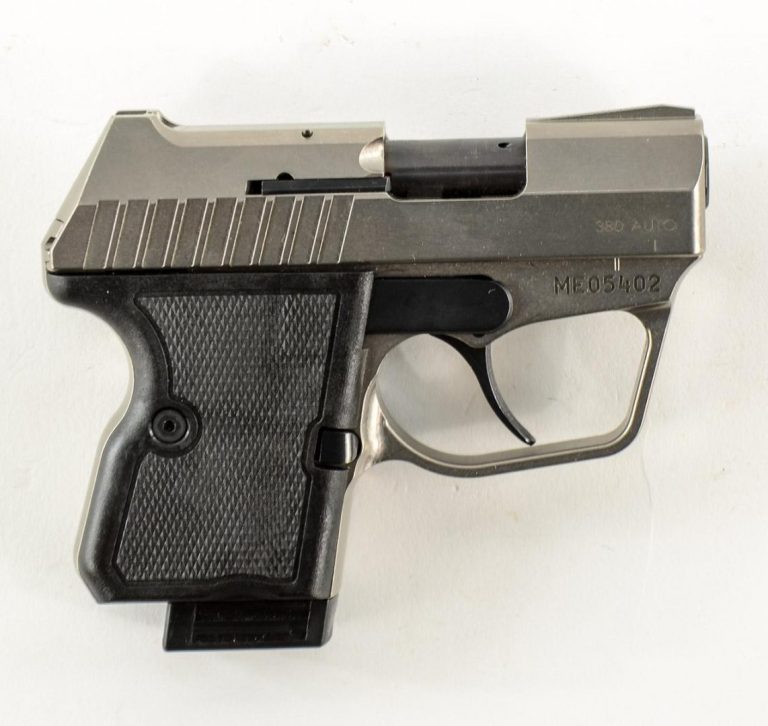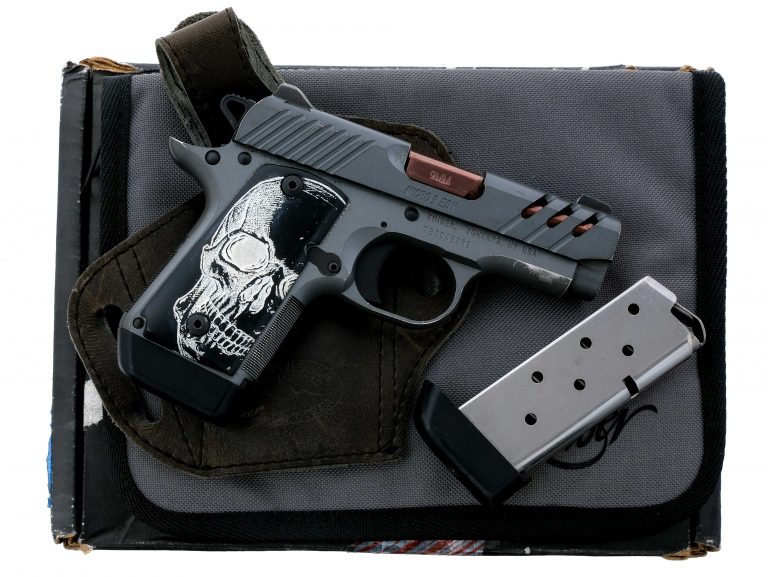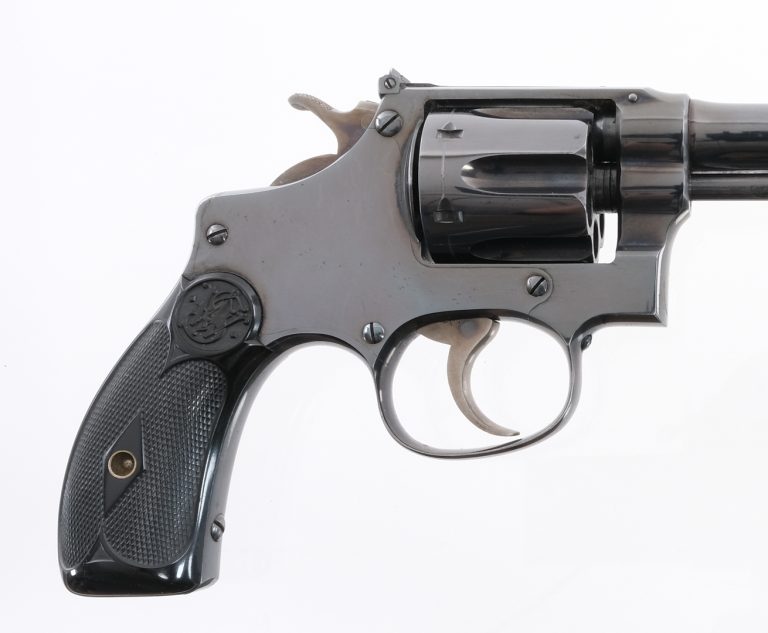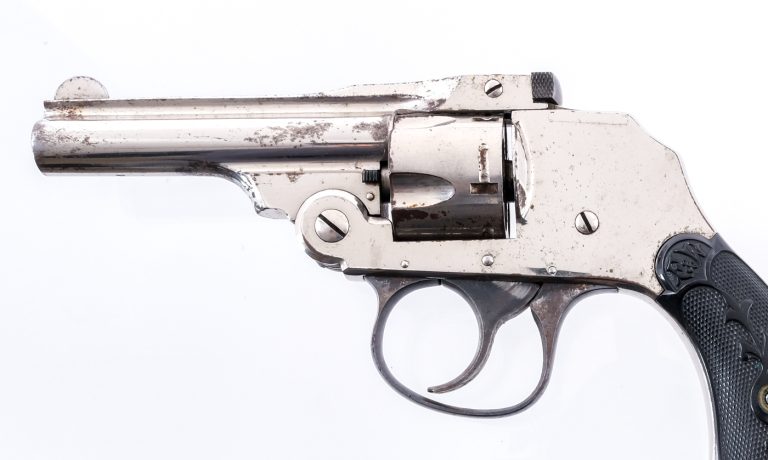How to Legally Sell Firearms in California
- Home
- How to Legally Sell Firearms in California
Understand California Gun Laws and Regulations
California’s firearm laws are designed to promote public safety by regulating the sale, transfer, and ownership of firearms. All firearm sales, including private transactions, must be conducted through a licensed firearms dealer, known as a Federal Firearms Licensee (FFL). This requirement ensures that all necessary background checks are performed, and the proper documentation is completed.
Additionally, California imposes a mandatory 10-day waiting period for all firearm purchases. This period allows the Department of Justice (DOJ) to conduct thorough background checks and serves as a cooling-off period. Understanding these fundamental regulations is essential before proceeding with the sale of any firearm in California.
Options for Selling Guns
Private Sales
Selling to Gun Stores
Selling your firearm directly to a licensed gun store is often the most straightforward method. Gun stores are familiar with California’s firearm regulations and will handle all aspects of the transaction, including background checks, paperwork, and compliance with state and federal laws. CT Firearms Auctions (CTFA) is a reputable dealer that offers competitive prices and professional service. By choosing to sell to a licensed gun store like CTFA, you benefit from a streamlined process and the assurance that all legal requirements are met.
Transactions at Pawn Shops
Recognize the Importance of Background Checks
Background checks are a critical component of firearm sales in California. They are designed to prevent firearms from falling into the hands of individuals who are prohibited by law from owning them, such as felons, individuals with certain mental health conditions, or those with restraining orders against them.
When you sell a firearm, the licensed dealer will conduct the background check on the buyer using the DOJ’s system during the 10-day waiting period. The sale cannot be completed until the DOJ approves the transfer. This requirement applies to all sales, including private transactions, and this rule has no exceptions. Recognizing and adhering to this process is essential to ensure that your sale is legal and that you are not held liable for any illegal transfer.
Fees and Waiting Periods for Sales
When selling a firearm in California, be prepared for certain fees and the mandatory waiting period. The dealer facilitating the sale may charge a fee for processing the transaction, which typically covers the background check and administrative costs. These fees can vary, so it’s advisable to inquire about the cost beforehand.
The state-mandated 10-day waiting period begins once the DROS is submitted. During this time, the DOJ conducts the background check on the buyer. This period applies to all firearm transactions, regardless of the type of firearm or the familiarity between the buyer and seller. Patience during this waiting period is necessary, as the dealer cannot release the firearm to the buyer until the DOJ has approved the transfer.
Acquire a Certificate of Eligibility (COE)
While not required for most private sellers, obtaining a Certificate of Eligibility (COE) can facilitate the selling process. A COE is issued by the DOJ and certifies that you are eligible under state and federal law to own or possess firearms. To obtain a COE, you must pass a background check and meet specific eligibility criteria.
For individuals who frequently buy and sell firearms, or for those looking to streamline their transactions, a COE can be beneficial. It demonstrates your commitment to compliance with firearm laws and may expedite certain aspects of the selling process when working with licensed dealers.
While not required for most private sellers, obtaining a Certificate of Eligibility (COE) can facilitate the selling process. A COE is issued by the DOJ and certifies that you are eligible under state and federal law to own or possess firearms. To obtain a COE, you must pass a background check and meet specific eligibility criteria.
For individuals who frequently buy and sell firearms, or for those looking to streamline their transactions, a COE can be beneficial. It demonstrates your commitment to compliance with firearm laws and may expedite certain aspects of the selling process when working with licensed dealers.
Required Documentation for Sellers
As a seller, you are responsible for providing certain documentation to ensure the legality of the sale. You must present a valid California driver’s license or identification card to verify your identity and residency. Additionally, proof of ownership of the firearm, such as the original purchase receipt or a bill of sale, is important to establish that you have the legal right to sell the firearm.
When working with the licensed dealer, you must complete the necessary paperwork, including details about the firearm, such as make, model, serial number, and any unique features. Keeping copies of all documents for your records is advisable, as it provides proof of the transaction and your compliance with the law.
Required Documentation for Buyers
The buyer must also provide specific documentation to complete the purchase. They are required to present a valid California driver’s license or identification card with their current address. A Firearm Safety Certificate (FSC) is mandatory for most firearm purchases, which the buyer obtains by passing a written test on firearm safety. This certificate ensures that the buyer understands basic firearm handling and safety principles.
In addition to identification and the FSC, the buyer must provide proof of residency, which can include utility bills, vehicle registration, or other government-issued documents. These requirements help verify that the buyer meets all legal criteria to own a firearm in California.
Types of Firearms with Restrictions
California law places restrictions on certain types of firearms. The sale of assault weapons and .50 BMG rifles is prohibited. These categories include specific models and firearms with certain features defined by law. Additionally, the sale, transfer, or possession of large-capacity magazines, defined as those capable of holding more than 10 rounds, is illegal.
Before attempting to sell any firearm, it’s crucial to determine whether it falls under any prohibited categories. The California DOJ Assault Weapon Guide provides detailed information on restricted firearms. Selling a prohibited firearm can result in severe legal consequences, including fines and imprisonment.
Legal Criteria for Gun Ownership
Ensuring that the buyer meets all legal criteria for gun ownership is a fundamental responsibility of the seller. The buyer must be at least 21 years old to purchase handguns and semi-automatic centerfire rifles, and at least 18 years old for other rifles and shotguns. They must pass the DOJ’s background check, confirming that they are not prohibited from owning a firearm due to criminal history, mental health conditions, restraining orders, or other disqualifying factors.
By working with a licensed dealer, you can be confident that the necessary checks are conducted thoroughly. The dealer will verify the buyer’s identification, FSC, and residency documents, and will not complete the sale unless all legal requirements are satisfied.
Registration Process for Firearms
All firearm transfers in California must be registered with the DOJ. The licensed dealer facilitates this process by submitting the DROS, which includes detailed information about the firearm and both parties involved in the transaction. Once the DOJ approves the transfer after the 10-day waiting period, the firearm’s registration is updated to reflect the new owner.
As the seller, it’s important to ensure that the dealer completes this process correctly. Retaining copies of all transaction documents, including the DROS and any receipts or confirmations, to prove that the firearm was legally transferred and that you have fulfilled your obligations under the law.
Consider Online Sales Options
Specialized Online Platforms
Platforms like CT Firearms Auctions offer online auction services that comply with California’s firearm laws. By listing your firearm with such a platform, you can reach a wider audience of potential buyers while ensuring that the transaction adheres to all legal requirements. The platform facilitates the connection between sellers and qualified buyers, and the licensed dealer handles the transfer process.
Legal Considerations for Online Transactions
When engaging in online transactions, be cautious of legal considerations. Interstate sales involve additional regulations, as firearms cannot be shipped directly to individuals across state lines. Instead, the firearm must be shipped to a licensed dealer in the buyer’s state, who will then complete the transfer according to that state’s laws. Always ensure that any online sale complies with all applicable laws to avoid legal complications.
Advantages of Using Gun Buying Services
Utilizing professional gun-buying services offers several benefits. These services, such as CT Firearms Auctions, have extensive experience with firearm laws and the selling process. We provide expertise in valuing firearms accurately based on current market trends, which helps you receive a fair price for your firearm.
Gun-buying services handle all aspects of the transaction, including paperwork, background checks, and compliance with state and federal laws. This convenience reduces the burden on you as the seller and minimizes the risk of making inadvertent legal mistakes. Additionally, professional services often have a broad network of buyers, increasing the likelihood of a successful sale.
Safety Practices When Selling Firearms
Safety should be a top priority when selling firearms. Always conduct transactions through licensed dealers to ensure legal compliance and to provide a secure environment for both parties. Avoid meeting potential buyers in private residences or unfamiliar locations.
When transporting your firearm to the dealer, ensure it is unloaded and securely stored in a locked container. This practice not only complies with California’s transportation laws but also enhances safety during the process.
Being vigilant about safety and legality protects you and contributes to responsible firearm ownership and commerce.
Frequently Asked Questions
What documents do I need to sell a gun in California?
How do I report a gun sale?
Can I sell a gun to someone from another state?
Contact CT Firearms Auctions Today
Selling a firearm in California requires careful adherence to state and federal laws designed to promote public safety. By understanding these regulations, choosing the appropriate selling option, and working with professionals like CTFA, you can ensure a legal, safe, and efficient transaction. Remember that compliance with the law not only protects you from legal consequences but also contributes to responsible firearm ownership and community safety. If you’re ready to sell your firearm or collection in California, CT Firearms Auctions is here to assist you! Our team of experts provides professional appraisals, handles all legal requirements, and ensures you receive the best possible return on your firearm.




